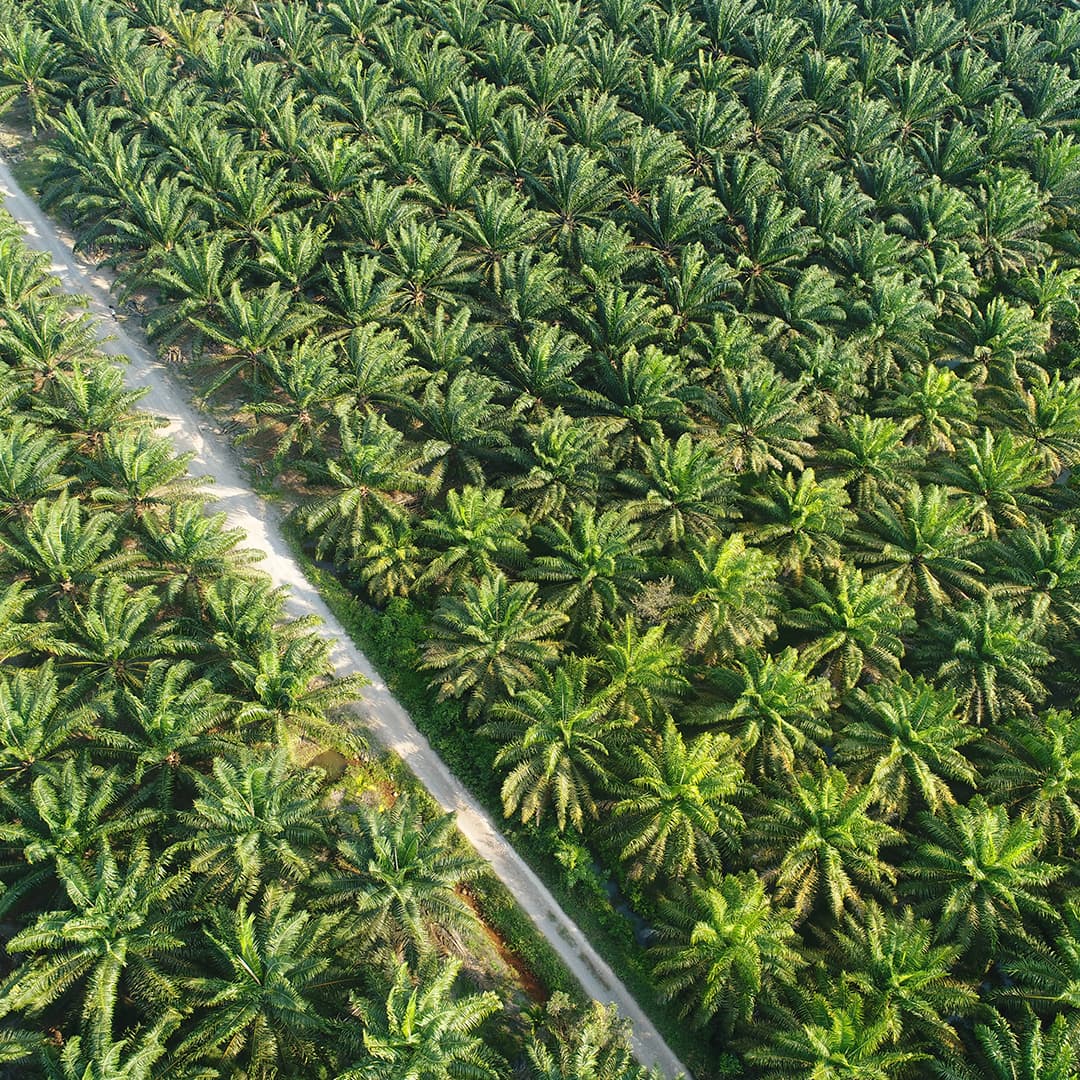When palm oil is produced sustainably, it has positive social, economic and environmental impacts. When it is produced unsustainably, the effects can be negative.
This distinction has led to misleading myths about palm oil. At the RSPO, we are working to make the facts about sustainable palm oil available to all.
Palm oil cannot be produced without exploiting workers and farmers around the world.
RSPO sets strict standards for certified members to protect human and labour rights and to improve working conditions. There is a zero-tolerance policy on threats against defenders of human rights.
Farming palm oil means harming wildlife.
Farming palm oil sustainably helps protect wildlife. When oil palms are grown according to the RSPO Standards wildlife is safeguarded and able to live alongside plantations and local communities.
Growing palm oil requires deforestation.
Growing palm oil sustainably helps to protect forests. Our standards require members to protect both primary and secondary forests – those that are largely untouched by humans, or that are made up of important or native trees.
Other vegetable oils are more sustainable than palm oil.
No other vegetable oil crop is as productive or as versatile as palm oil. That means other crops require more land to get the same amount of oil. Unfortunately replacing sustainable palm oil with alternative oils may cause even more deforestation to forests and wildlife species.
Photo Credit: RSPO/SayanCHUENUDOMSAVAD





